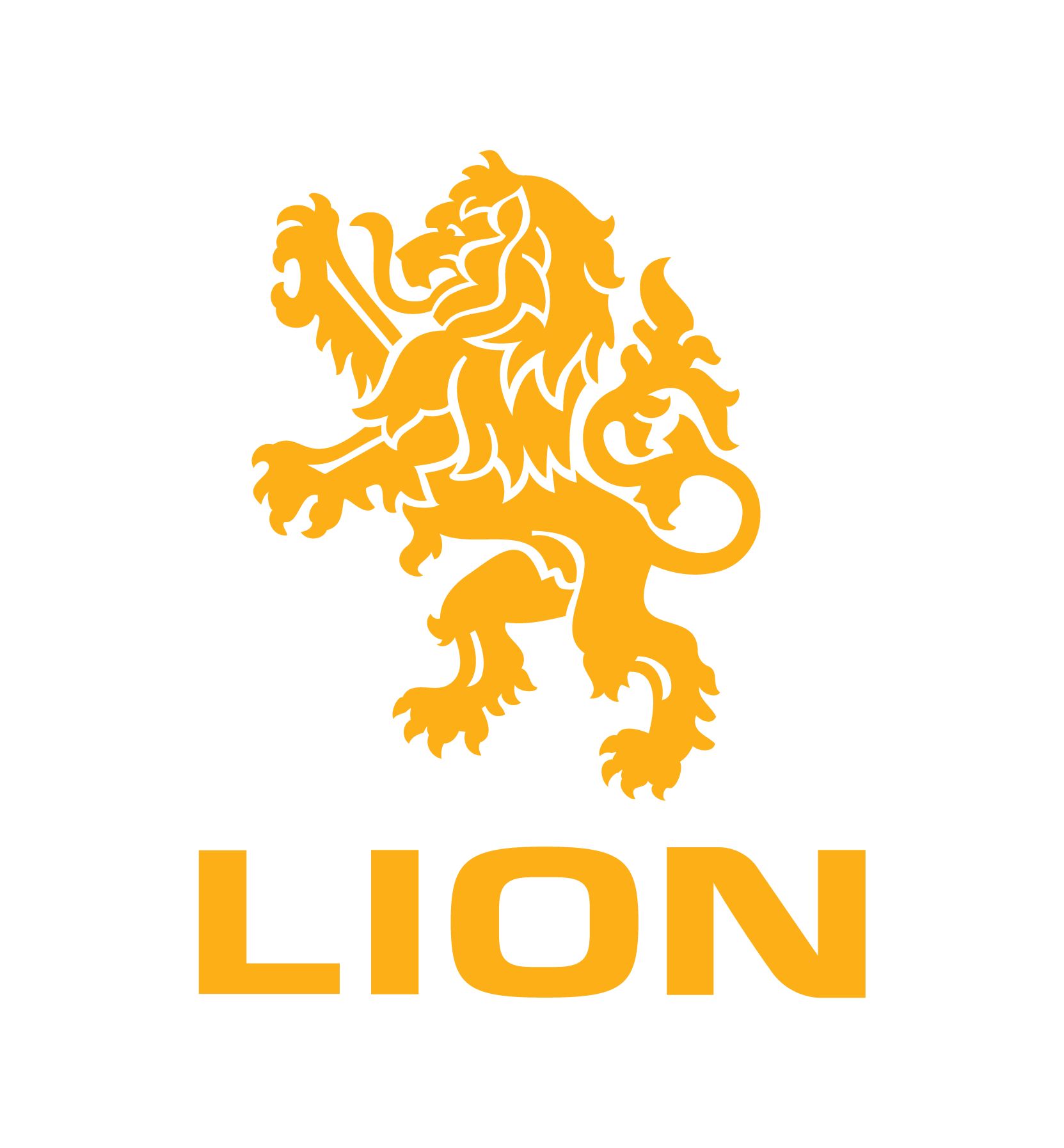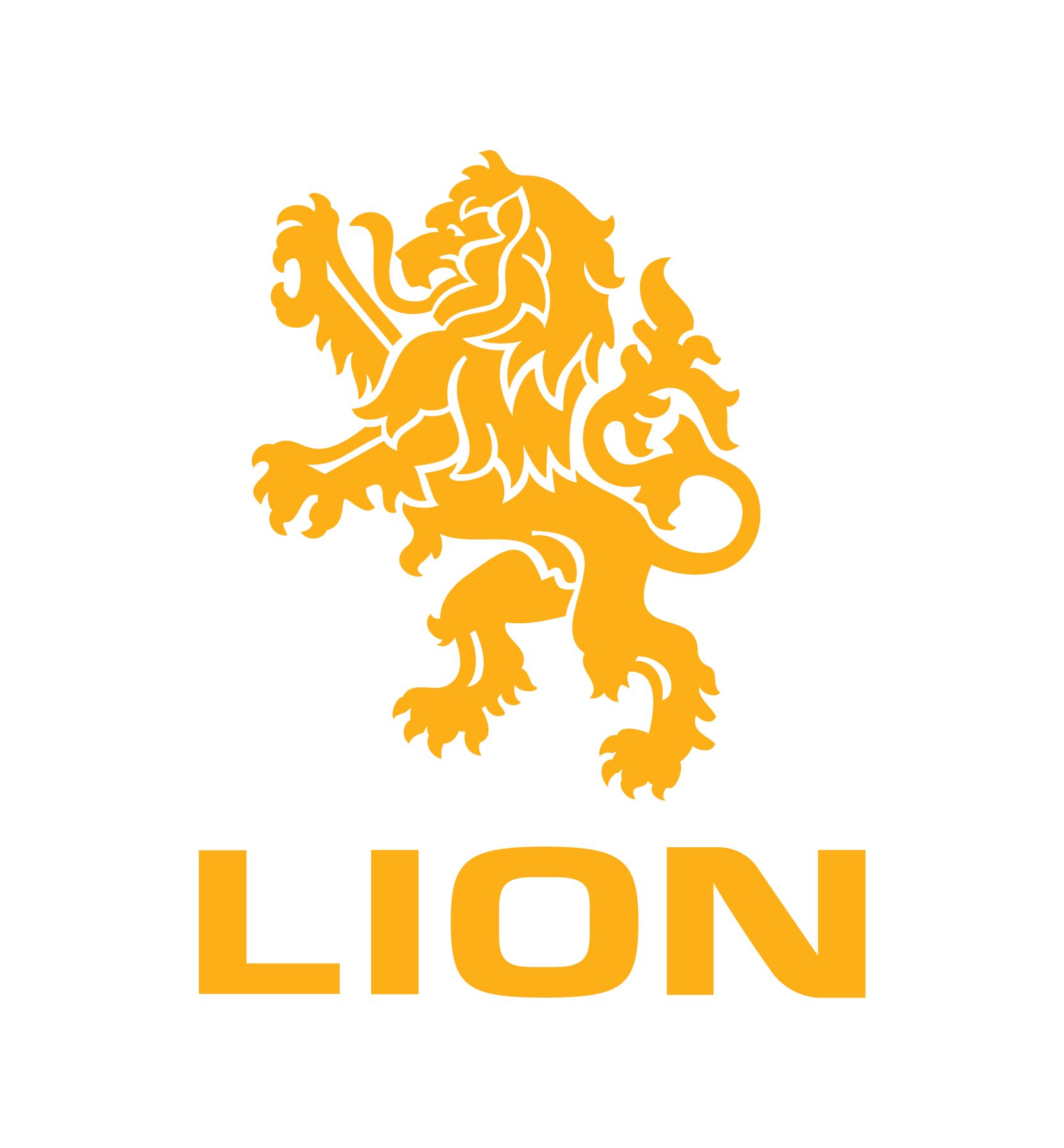

Lion Pty Ltd

1.6
New South Wales, Australia
July 2025
Beverages
Manufacturing
Australia,
New Zealand,
United States
Lion is a leading beverage company headquartered in Sydney, Australia. With origins dating back more than 180 years, Lion is known for its commitment to quality, craftsmanship, community and sustainability. Lion is a pioneer in brewing and continues to innovate across a range of adult beverages. Its core beer portfolio includes many locally loved brands in Australia and New Zealand and a growing craft beer presence in the US through New Belgium and Bell’s Brewery. Lion also has an enviable portfolio of NZ wine brands, a premium fine wine business in North America, a craft spirits distribution arm in Australia in Vanguard Luxury Brands and a world-class distillery in Four Pillars Gin. These products connect and bring people together, enriching the moments we share. Lion's purpose, Making the Moment Mean More, reflects the belief that businesses can thrive while leaving a positive impact on the world around us. Lion is committed to being a force for good, for people and planet - thinking beyond the short-term and prioritising future generations.
Overall B Impact Score
Governance 15.2
Governance evaluates a company's overall mission, engagement around its social/environmental impact, ethics, and transparency. This section also evaluates the ability of a company to protect their mission and formally consider stakeholders in decision making through their corporate structure (e.g. benefit corporation) or corporate governing documents.
What is this? A company with an Impact Business Model is intentionally designed to create a specific positive outcome for one of its stakeholders - such as workers, community, environment, or customers.
Workers 23.0
Workers evaluates a company’s contributions to its employees’ financial security, health & safety, wellness, career development, and engagement & satisfaction. In addition, this section recognizes business models designed to benefit workers, such as companies that are at least 40% owned by non-executive employees and those that have workforce development programs to support individuals with barriers to employment.
Community 18.6
Community evaluates a company’s engagement with and impact on the communities in which it operates, hires from, and sources from. Topics include diversity, equity & inclusion, economic impact, civic engagement, charitable giving, and supply chain management. In addition, this section recognizes business models that are designed to address specific community-oriented problems, such as poverty alleviation through fair trade sourcing or distribution via microenterprises, producer cooperative models, locally focused economic development, and formal charitable giving commitments.
Environment 19.1
Environment evaluates a company’s overall environmental management practices as well as its impact on the air, climate, water, land, and biodiversity. This includes the direct impact of a company’s operations and, when applicable its supply chain and distribution channels. This section also recognizes companies with environmentally innovative production processes and those that sell products or services that have a positive environmental impact. Some examples might include products and services that create renewable energy, reduce consumption or waste, conserve land or wildlife, provide less toxic alternatives to the market, or educate people about environmental problems.
Customers 4.6
Customers evaluates a company’s stewardship of its customers through the quality of its products and services, ethical marketing, data privacy and security, and feedback channels. In addition, this section recognizes products or services that are designed to address a particular social problem for or through its customers, such as health or educational products, arts & media products, serving underserved customers/clients, and services that improve the social impact of other businesses or organizations.